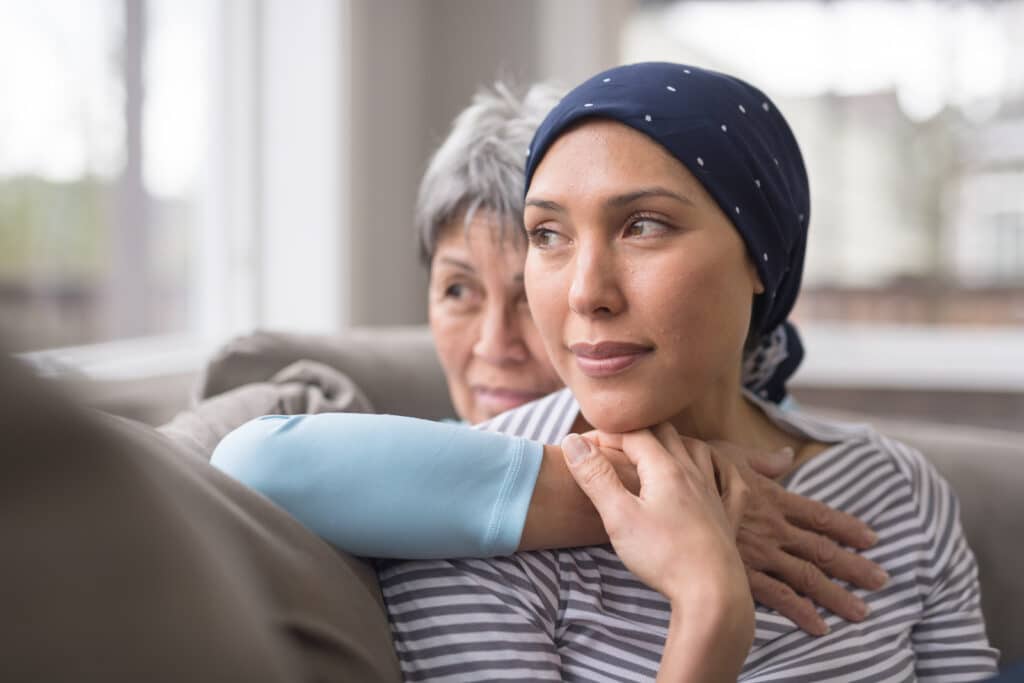- Research
- 2022-2026 Research Strategy
- Open Clinical Trials
- Closed Clinical Trials
- What is a Clinical Trial?
- Why Participate in a Clinical Trial
- Remote Telehealth Pre-Screening Process
- Research Achievements
- Publications
- Research Development and Funding
- Participating Institutions
- International Collaboration
- BCT Trials & Projects Summary
- Translational Research
- Clinical Fellowship Program
- International Fellowship Support
- Annual Scientific Meeting
- Travel Grants and Awards
- About
- Our Impact
- Fundraise
- Donate
- Researcher Login
- Cart
What Happens to Information Collected During a Clinical Trial?
Information refers to both your personal and health information that is collected during a clinical trial. The information collected might include your age, gender, medical history, cancer diagnosis, the results of blood tests and scans, medications received, and side effects. The exact information collected will depend on what the clinical trial is trying to find out.
By signing a consent form for a research study, you consent (agree) to the study doctor and research staff collecting and using personal and health information about you for that research study. All personal and health information collected for the study remains confidential.
Your personal and health information will only be used for the purpose of the study and any related future research (see Data Sharing and Data Linkage), and it will only be used with your permission, except as required by law.
Information about you may be obtained from your health records held at the hospital where you are treated and other health services for the purpose of the research. By signing the consent form, you agree to the study team accessing health records if they are relevant to your taking part in the study. Information about your participation in the study may be recorded in your health records.
Once studies have been completed, hospital records will be retained in a locked storage facility for a long time (over 15 years). Only staff involved with the study will have access to the information. Data from your participation in the study and test results will be stored by Breast Cancer Trials (BCT) for at least 15 years and may be retained for an indefinite period.
Neither your results nor your samples will be identified with your name. Instead, a participant code will be used in all documentation related to the study. Your involvement in the study must be noted in your clinical records which can be seen by the doctors and clinic staff involved in your care.
If a study is being run by an international sponsor or group, your data will be sent overseas to the study-specific team. Privacy laws and rules about accessing data may not be as strong as those in Australia or New Zealand. BCT will take all reasonable steps to ensure that the overseas sponsor or group handles your data according to Australian and New Zealand privacy requirements.

